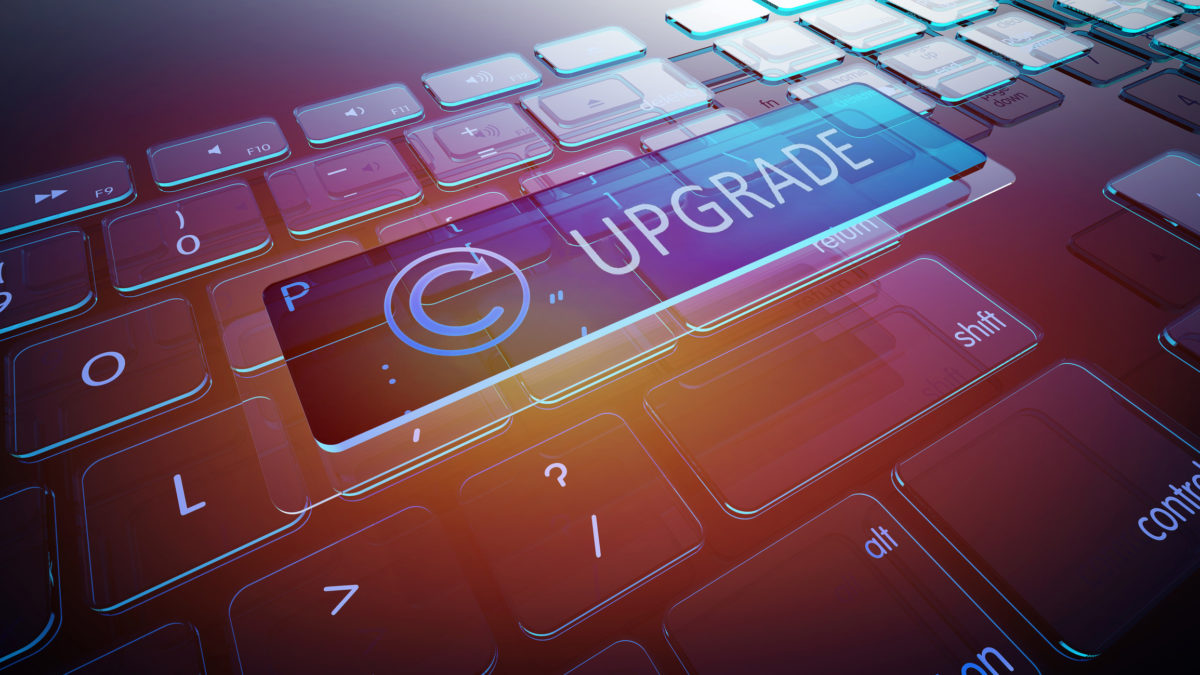How to Upgrade Your Computer's Performance
Discover effective ways to boost your computer's performance, from hardware upgrades to software tweaks, for a faster, smoother experience.

Assessing Your Current Setup
Before diving into upgrades, it's essential to assess your current computer setup. Start by identifying the components that may be causing bottlenecks. Common culprits include the CPU, RAM, and storage devices. Use system monitoring tools to check CPU and RAM usage during typical tasks. If you notice high usage, it might be time for an upgrade. Additionally, consider the age of your hardware; older components are often less efficient. By understanding the limitations of your current setup, you can make informed decisions about which parts need upgrading to enhance overall performance.
Upgrading Your RAM
One of the most straightforward and effective ways to boost your computer's performance is by upgrading the RAM. More RAM allows your computer to handle more tasks simultaneously and improves multitasking capabilities. If you frequently run memory-intensive applications like video editing software or virtual machines, increasing your RAM can make a significant difference. Check your motherboard's specifications to determine the maximum RAM capacity and compatible types. When installing new RAM, ensure it is securely seated in the slots to avoid any issues. This upgrade is often affordable and can yield immediate improvements.
Enhancing Storage Solutions
Upgrading your storage can dramatically improve your computer's performance, particularly if you're still using a traditional hard drive (HDD). Switching to a Solid State Drive (SSD) can lead to faster boot times, quicker file access, and overall snappier performance. SSDs have no moving parts, making them more reliable and energy-efficient than HDDs. If budget allows, consider a hybrid approach by using an SSD for your operating system and frequently used applications, while keeping an HDD for bulk storage. This setup combines speed with ample storage space, providing a balanced performance boost.
Optimizing Your Operating System
Sometimes, a few tweaks to your operating system settings can yield significant performance gains. Start by disabling unnecessary startup programs that slow down boot times. Regularly update your OS and drivers to benefit from the latest performance enhancements and security patches. Use built-in tools to clean up temporary files and defragment your hard drive if you're using an HDD. Additionally, consider adjusting visual effects for better performance. These optimizations can free up system resources, allowing your computer to run more efficiently without any hardware changes.
Upgrading Your Graphics Card
For users involved in gaming, graphic design, or video editing, upgrading the graphics card (GPU) can be a game-changer. A powerful GPU can handle complex rendering tasks and improve the visual quality of games and applications. When selecting a new GPU, ensure it is compatible with your motherboard and power supply unit (PSU). Additionally, check for sufficient cooling solutions to prevent overheating. A well-chosen GPU upgrade can provide a substantial performance boost, making your computer more capable of handling demanding tasks and improving overall user experience.
Regular Maintenance and Cleaning
Lastly, regular maintenance and cleaning are crucial for maintaining optimal computer performance. Dust and debris can accumulate inside your computer, causing overheating and reduced efficiency. Periodically open your computer case and use compressed air to clean out dust from fans, heatsinks, and other components. Ensure that cables are neatly organized to promote better airflow. Regularly check for malware and viruses using reputable antivirus software. Keeping your system physically clean and free from malicious software can prevent performance degradation over time, ensuring your computer runs smoothly for years to come.